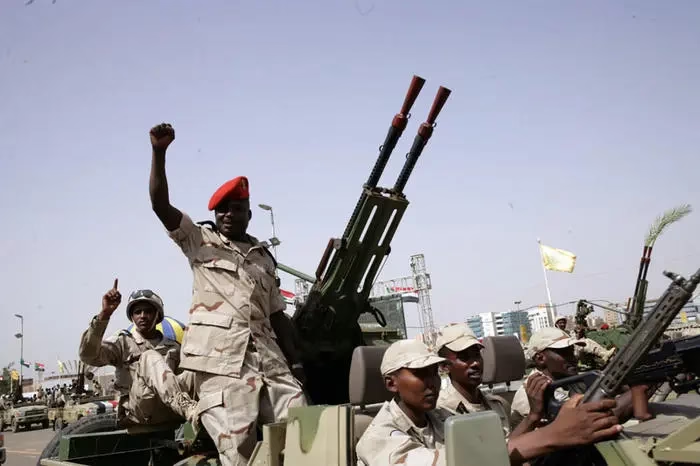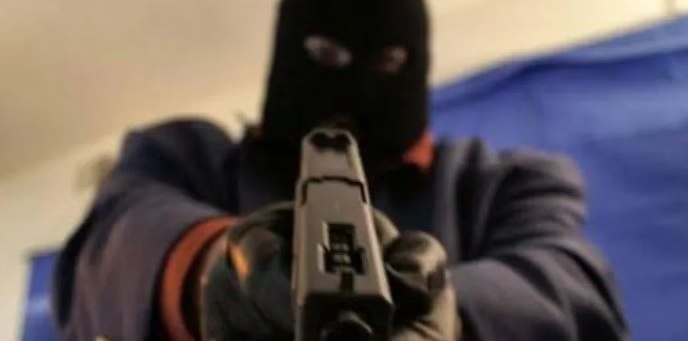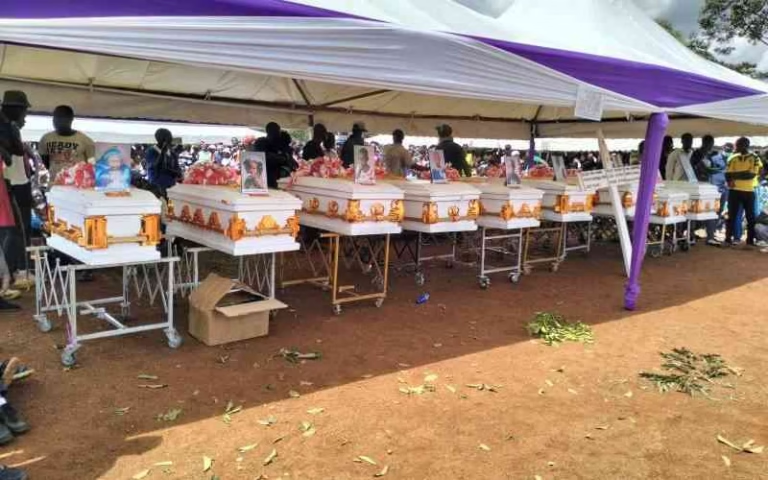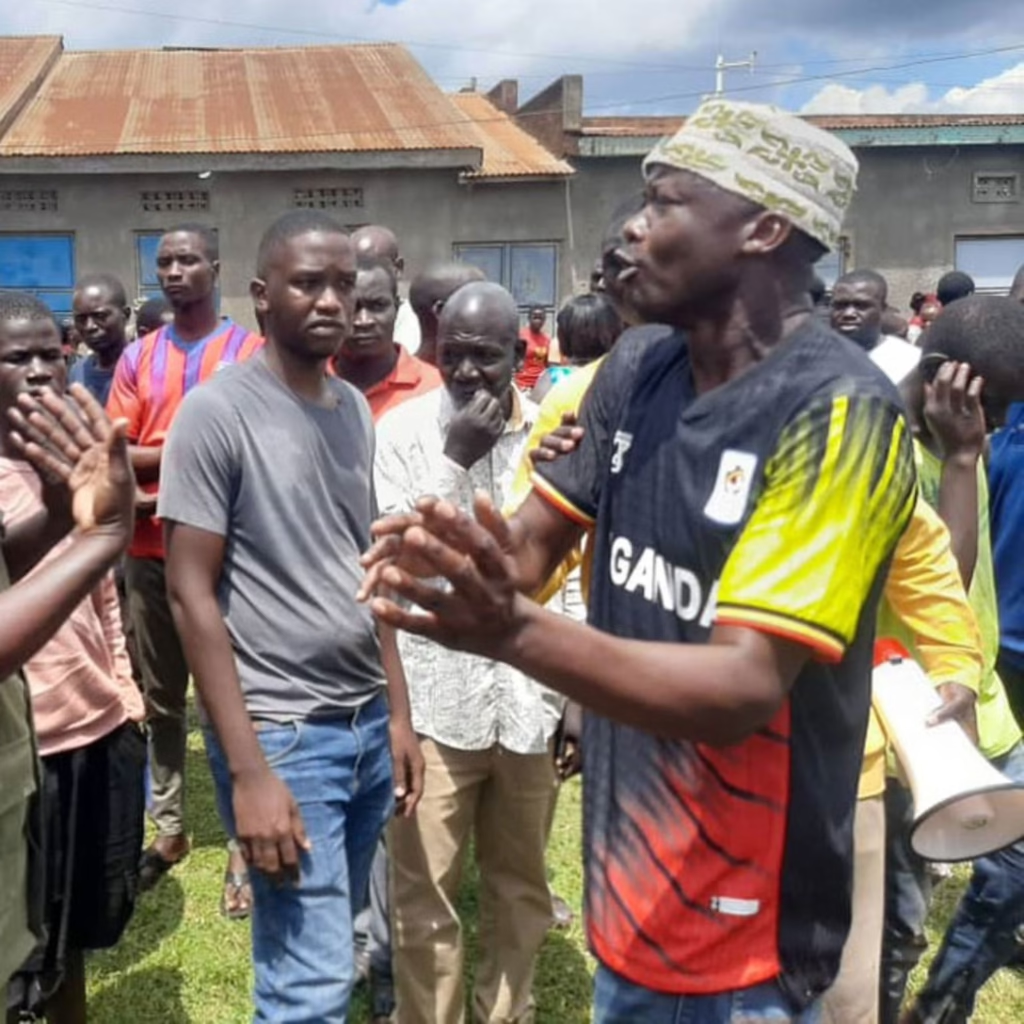
Tensions between Sudan and Kenya have escalated sharply following a drone attack by the Rapid Support Forces (RSF) on the Osman Digna military base in Port Sudan. The strike, which took place on May 4, 2025, marked the first time the paramilitary group has attacked the strategic coastal city, intensifying an already volatile conflict.
According to Sudanese authorities, the RSF targeted a weapons storage facility and a cargo hangar at the military base, causing significant damage. Civilian infrastructure near the base was also hit, prompting the temporary closure of Port Sudan International Airport. The Sudanese Ministry of Foreign Affairs condemned the strike and described it as a “grave escalation” of the civil war that has ravaged the country since April 2023.
While Sudan did not directly name Kenya in its official statement, the government strongly hinted at foreign involvement, accusing a “regional sponsor” of supplying the RSF with advanced drone technology. Sources close to the administration believe this was a veiled reference to Kenya, which Sudan has previously accused of supporting the RSF and hosting its leaders.
In February 2025, RSF representatives reportedly held a high-level meeting in Nairobi, alongside other anti-government factions, where they signed a charter forming a parallel government. Sudan responded by declaring Kenya’s actions “an act of hostility” and accused it of interfering in Sudan’s internal affairs.
The latest attack appears to have reignited those accusations. Sudanese officials have since announced a ban on all imports from Kenya, a move aimed at economically pressuring Nairobi. The government is also considering further diplomatic actions, including appeals to the African Union and the United Nations to investigate Kenya’s alleged involvement.
Kenya has categorically denied these allegations. In a statement, the Kenyan Ministry of Foreign Affairs reaffirmed its commitment to regional peace and stability, stating that Nairobi’s role has been that of a neutral facilitator in peace negotiations. Kenyan officials argue that hosting discussions does not equate to taking sides in the Sudanese conflict.
The Sudanese civil war, now in its third year, has displaced millions and claimed tens of thousands of lives. The RSF and the Sudanese Armed Forces have been battling for control, with no sign of a peaceful resolution in sight. Port Sudan, previously considered a safe zone and a hub for humanitarian operations, now faces increasing threats.
The RSF’s use of drones in this latest attack signals a dangerous shift in tactics, and Sudan’s accusations against Kenya further complicate diplomatic efforts to end the war. As regional players weigh in, the stakes for East Africa’s stability have never been higher.
Whether the international community can de-escalate the situation remains uncertain. However, the current climate suggests that the rift between Sudan and Kenya could deepen if accusations continue without concrete evidence or diplomatic intervention.





The situation between Sudan and Kenya is deeply concerning, especially with the recent drone attack on Port Sudan. It’s alarming to see how quickly tensions are escalating, and the impact on civilian infrastructure is unacceptable. The accusations against Kenya seem serious, but without concrete evidence, it’s hard to take sides. Why hasn’t Kenya been more transparent about its dealings with the RSF if it truly has nothing to hide? This conflict could destabilize the entire region if not addressed urgently. I wonder if third-party mediation could help de-escalate the situation. Do you honestly believe that Kenya is entirely innocent in this, or is there more to the story that hasn’t been revealed yet?